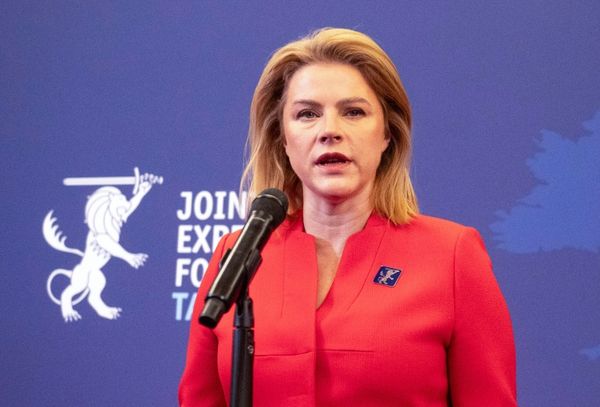The European Central Bank delivered its biggest single-day rate hike on record Thursday, warning that inflation in the single-currency area is likely to remain elevated "for an extended period of time" and lead to a "substantial slowdown" in economic growth.
The ECB, which is battling both a looming recession linked in part to Russia's war on Ukraine and the region's escalating energy crisis, as well as record high inflation, increased its benchmark refinancing rate by 75 basis points, to 1.25%, while taking its deposit facility - which have been set in negative territory since 2014 -- to 0.75% and its marginal lending rate to 1.5%.
"The Governing Council took today’s decision, and expects to raise interest rates further, because inflation remains far too high and is likely to stay above target for an extended period," the ECB said in a statement released alongside the interest rate decision.
"Very high energy prices are reducing the purchasing power of people’s incomes and, although supply bottlenecks are easing, they are still constraining economic activity," the statement added. "After a rebound in the first half of 2022, recent data point to a substantial slowdown in euro area economic growth, with the economy expected to stagnate later in the year and in the first quarter of 2023."
The euro was marked 0.08% higher from its previous levels following the ECB rate decision, pegging it at 1.005 against the U.S. dollar after falling to parity for the first time in 20 years earlier this summer.
The rate hikes, as well as further hawkish signaling, likely won't stop the euro from extending its two-decade low against the dollar, however, adding yet another headache for ECB President Christine Lagarde, who will speak to the media at 8:45 am Eastern time.
"The ECB will have no other choice but to send a strong signal to the market regarding its commitment to lower inflation and that they are able to curb the decline of the single currency," said Saxo Bank strategists. "This is not an easy task."







